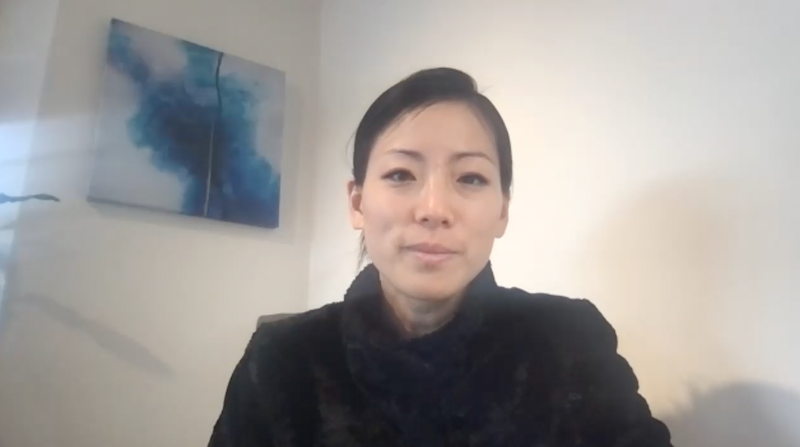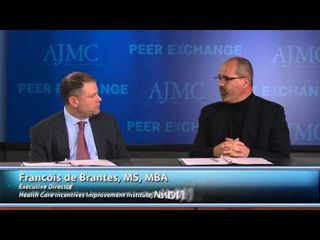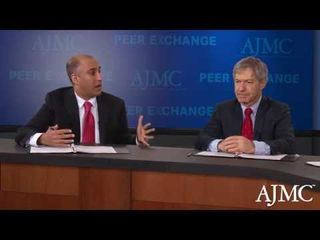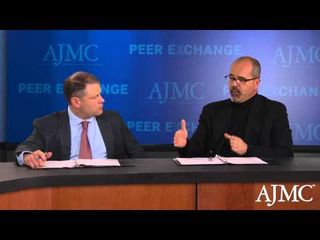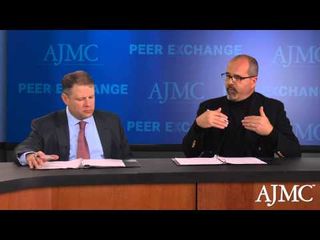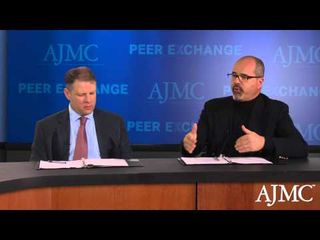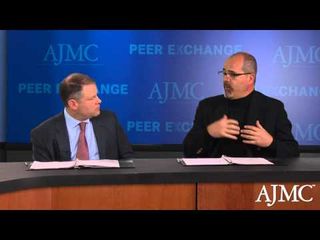
Technology
Latest News
Latest Videos

More News

Iksha Herr of Microsoft previews her talk on leveraging data and artificial intelligence (AI) in health care, which will be a high point of this year's Patient-Centered Oncology Care® (PCOC) conference.

People who suffered trauma as a child appear to be at a higher risk of fibromyalgia, although it is unclear exactly why.

Foundation Medicine and Epic struck a deal to integrate comprehensive genomic profiling within Epic's electronic health records (EHRs), allowing for providers to order and review genomic profiling tests, leading to more streamlined clinical decision making.

Worsening chronic obstructive pulmonary disease (COPD) symptoms are often underreported by patients who cannot recognize these changes as sign of decline, but they can be objectively measured through remote patient monitoring (RPM).

Sifting through large quantities of data using artificial intelligence (AI) could one day change how nonalcoholic fatty liver disease (NAFLD) is diagnosed, managed, and treated, according to a recent review.
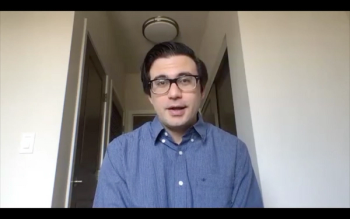
Bobeck Modjtahedi, MD, elaborates on the importance of devising effective and convenient mechanisms for diabetic retinopathy screening.

Leslie Eiland, MD, outlines some of the challenges of delivering optimal care to patients with type 1 diabetes (T1D) living in rural America.

An algorithm influenced by cough sound recognition and symptom reporting conducted using a smartphone was found to be effective at diagnosing patients with acute exacerbation of chronic obstructive pulmonary disease (AECOPD).

Classification criteria developed using machine learning will allow doctors to conduct disease-specific research about this collection of inflammatory eye diseases.

Biomarker testing and remote patient monitoring are just 2 areas of research presented during the annual meeting of the American Society of Clinical Oncology (ASCO).

Technological innovation is helping to reinvent the traditional health economics and outcomes research (HEOR) field as traditional and new players partner to leverage data sources.

Results of a qualitative study outline widely held cost considerations regarding diabetes technology in the type 1 diabetes (T1D) community.

The United States will ship approximately 80 million excess doses of COVID-19 vaccines abroad; Ireland's health services system could be hobbled for weeks by a ransomware attack; the FDA recalls more than 60,000 pacemakers manufactured by Abbott.

The COVID-19 pandemic brought together the world and taught health systems how to be resilient and adapt to both predictable and unpredictable changes, said the panelists during the plenary on day 1 of Virtual ISPOR 2021.

A pediatric infectious disease expert reviewed some developments in the vaccine development pipeline, especially new efforts targeting infant health through maternal immunizations.

To mark International Nurses Day, we look at factors contributing to workload burden and burnout in nurses, which include electronic health record (EHR) management, understaffing amid the COVID-19 pandemic, and a lack of emotional support.

Specific factors, such as experience with technology and health literacy, were key drivers of whether a patient with chronic obstructive pulmonary disease (COPD) would benefit or be likely to use eHealth tools to improve self-management skills, investigators concluded.

Erin Jospe, MD, and Chris Gervais of Kyruus discuss how the company partners with health care organizations to help improve their COVID-19 vaccine rollout.

The summit will address priority patient inputs for comparative effectiveness research and health technology assessments.

Unsurprisingly, the use of telemedicine grew exponentially during the COVID-19 pandemic, but those changes are not here to stay without major policy changes, according to speakers at the American Academy of Dermatology Virtual Meeting Experience 2021.
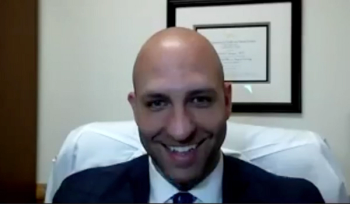
Russell Langan, MD, chief of Surgical Oncology and Hepatopancreatobiliary Surgery at Saint Barnabas Medical Center discusses the workflow of a cloud-based data management platform for patients with pancreatic cysts.

The device, which highlights for gastroenterologists regions of the colon that have visual characteristics consistent with possible cancerous abnormalities, is already in use in Europe.

Early on in the pandemic, Cotiviti developed a COVID-19 tracker map that accurately predicts where in the United States new COVID-19 outbreaks would occur. Nicole Neumarker, of Cotiviti, provides insight into what impact this technology could have in the future.

Machine learning models can help predict which children diagnosed with childhood asthma before age 5 will continue to experience symptoms as they get older.
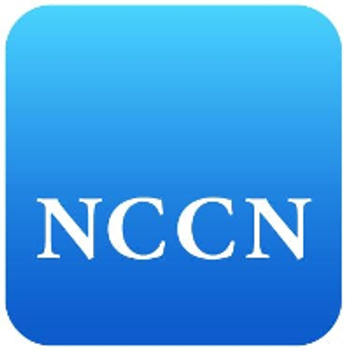
A panel at the NCCN Virtual Annual Meeting finds that while primary care physicians and oncologists can share information, records may not be well integrated and in easy-to-use formats.


